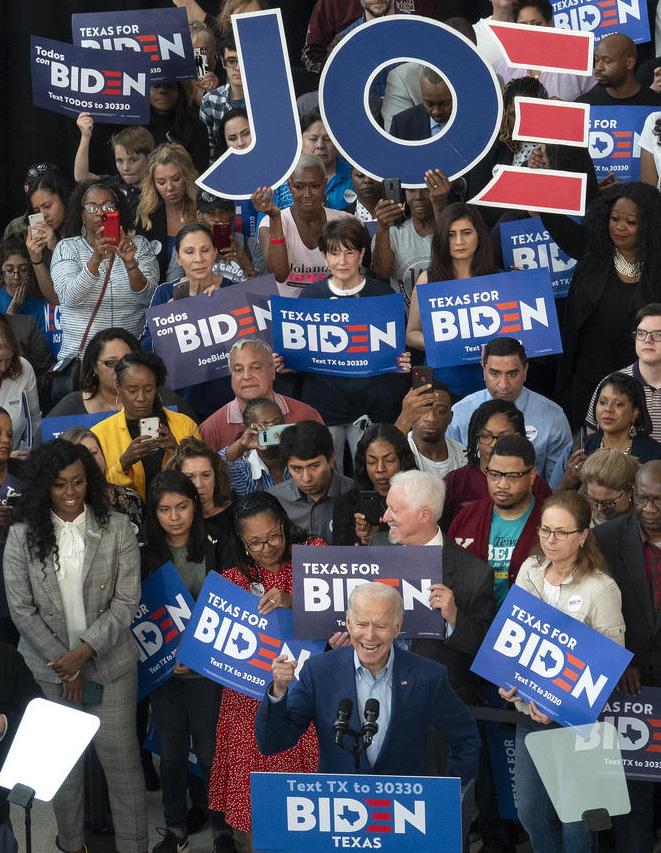
3 minute read
Trump, Biden, or else
CorporateDispatchPro

Trump, Biden, or else
Suburbs across America are dotted with blue-and-red yard signs, but not all of them are shout-outs to Joe Biden or Donald Trump. Or even Kamala Harris and Mike Pence. The US Federal Election Commission recognises some 1,222 candidates for the 2020 presidential election.
From the Green Party to the Boiling Frog Party, and from the Libertarians to the Prohibition Party, there is a lot that remains unseen in the American electoral landscape. Record producer and fashion designer Kanye West is probably the best known candidate, launching his presidential bid on the fourth of July, but a certain President Caesar surely has all it takes to win the election, if in name only.
The American presidency in the last 170 years has been rotating between the Republican Party and the Democratic Party. The last president to sit in the White House that was not from either of the political groups was Millard Fillmore in 1850, effectively closing the door for the Whigs in the US on his way out of the Executive Mansion.
Those who argue that the candidate is bigger than the party would find 26th President Theodore Roosevelt in firm disagreement. The Nobel Prize laureate, Panama Canal builder, and Square Deal creator switched from the GOP to the Progressive Party when he ran for a second term – and lost.
Eight decades later, in 1992, Independent candidate Ross Perot famously won 19 million votes nationwide, almost a fifth of ballots cast. The biggest loser in that election cycle, however, was incumbent president George H.W. Bush who lost out to saxophone-playing Bill Clinton, no thanks to votes ceded to Perot.



CorporateDispatchPro


History has sardonic sense of humour, and a combined four percent obtained by the Libertarians and the Greens in 2016, may have tipped the balance in crucial swing states away from Hillary Clinton. This year, the Libertarian candidate is Joanne Jorgensen, a senior university lecturer in psychology. Together with Trump and Biden, Jorgensen is the only other candidate to contest in all 50 states. The party advocates for a reduction in government spending, abolishing capital punishment, instituting a free market health care system, extending conscientious consideration to abortion, and dismantle any form of compulsory military service.


Howard Hawkins co-founded the US Green Party in 2001 and, this year, campaigns as its presidential candidate. A retired trade unionist and environmental activist, Hawkins claims that he was the first promoter of a Green New Deal. The party’s platform proposes an ‘ecosocialist’ vision that ends fossil fuel subsidies, introduces a $20 minimum wage, prosecutes white supremacist organisations, extends voting rights to felons, and disarm to Minimum Nuclear Deterrent.
Around 3.5 million ballots already cast in this year’s election, were from voters from minor parties or with no party affiliation. For comparison, there have been just under four million early-voters registered as Republican. While party-registration is not a direct indication of voting intention, the mobilisation of the electorate outside the bi-partisan perimeter is notable.
All the odds are stacked against 1,220 of the presidential candidates, but in an electoral process as aberrant as this has been, they will not be faulted for taking a chance.




